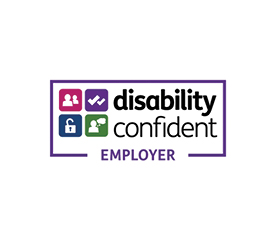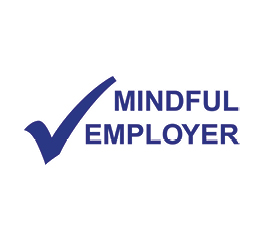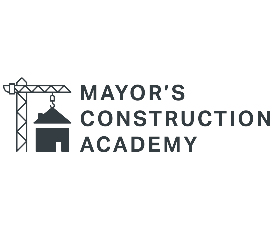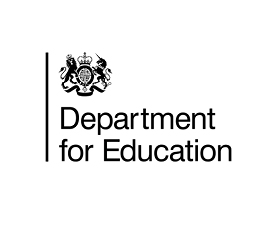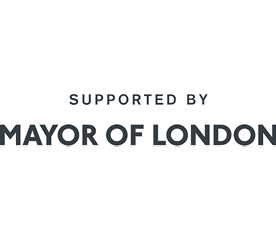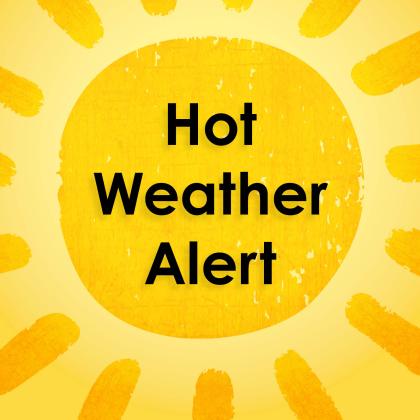
Hot Weather Alert
Date: 16 June 2022
A Level 3 heatwave Alert has been issued by Surrey County Council for tomorrow from 00:00 Friday 16 June 2022 until 00:00 on Sunday in parts of England. We have included some of the guidance from the UK Health Security Agency’s below for spotting signs of heat stress, heat exhaustion and heatstroke in children and young adults (under 18s).
Children susceptibility to high temperatures varies. Those who are overweight or taking certain medication may be at increased risk of adverse effects.
Heat stress
Children and young adults (under 18s) suffering from heat stress may seem out of character or show signs of discomfort and irritability (including those listed below for heat exhaustion). These signs will worsen with physical activity and if left untreated can lead to heat exhaustion or heatstroke.
Heat exhaustion
Symptoms of heat exhaustion vary but include one or more of the following:
- tiredness
- dizziness
- headache
- nausea
- vomiting
- hot, red and dry skin
- confusion
Heatstroke
When the body is exposed to very high temperatures, the mechanism that controls body temperature may stop working. Heatstroke can develop if heat stress or heat exhaustion is left untreated, but it can also occur suddenly and without warning.
Symptoms of heatstroke may include:
- high body temperature – a temperature of or above 40°C (104°F) is a major sign of heatstroke
- red, hot skin and sweating that then suddenly stops
- fast heartbeat
- fast shallow breathing
- confusion/lack of co-ordination
- fits
- loss of consciousness
Actions to protect children suffering from heat illness
The following steps to reduce body temperature should be taken immediately:
- Move the child to as cool a room as possible and encourage them to drink cool water (such as water from a cold tap).
- Cool the child as rapidly as possible, using whatever methods you can. For example, sponge or spray the child with cool (25 to 30°C) water – if available, place cold packs around the neck and armpits, or wrap the child in a cool, wet sheet and assist cooling with a fan.
- Dial 999 to request an ambulance if the person doesn’t respond to the above treatment within 30 minutes.
If a child loses consciousness, or has a fit, place the child in the recovery position, call 999 immediately and follow the steps above until medical assistance arrives.
Protecting children indoors
During periods of high temperature, the following steps should be taken:
- open windows as early as possible in the morning before children arrive
- almost close windows when the outdoor air becomes warmer than the air indoors – this should help keep the heat out while allowing adequate ventilation
- use outdoor sun awnings if available, or close indoor blinds or curtains, but do not let them block window ventilation
- keep the use of electric lighting to a minimum
- switch off all electrical equipment, including computers, monitors and printers when not in use – equipment should not be left in ‘standby mode’ as this generates heat
- if possible, use those classrooms or other spaces which are less likely to overheat, and adjust the layout of teaching spaces to avoid direct sunlight on children
- oscillating mechanical fans can be used to increase air movement if temperatures are below 35°C – at temperatures above 35°C fans may not prevent heat-related illness and may worsen dehydration
- encourage children to eat normally and drink plenty of cool water
For further guidance please follow these links:
UK Health Security Agency’s published guidance Looking after children and those in early years settings during heatwaves: for teachers and professionals
Heat Health Watch and Heatwave Met Office website.
NEW Construction Skills Centre
28/04/2021
New FREE Courses for Adults - April and May start dates
18/04/2021
The Duke of Edinburgh 1921-2021
12/04/2021
Testing arrangements over the Easter holiday period
31/03/2021
Update for students and parents/guardians
23/03/2021
College Opening - Update
04/03/2021
New Co-Operative Relationship with LSBU
02/03/2021
National Apprenticeship Week Day 5
12/02/2021
National Apprenticeship Week Day 4
11/02/2021
National Apprenticeship Week Day 3
10/02/2021
Address: John Ruskin College, Selsdon Park Road, South Croydon, CR2 8JJ
Phone: 020 8651 1131 / Email: info@johnruskin.ac.uk

